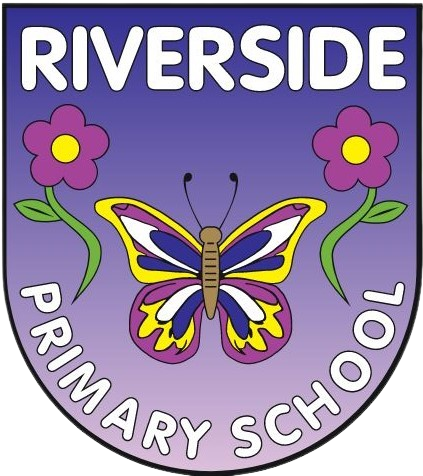French
At Riverside Primary School we wish to promote the study of a foreign language due to its increasing importance in the modern world. Ofsted cites the best primary schools as those already providing this breadth alongside the building blocks of literacy and numeracy.
In many countries outside the U.K. major attempts are being made to introduce languages to young learners and in Europe most children learn a foreign language at primary school.
At primary age children are still very malleable and receptive to learning a language and their brains are uniquely well adapted for language learning, especially in the first 10 years of life. There is now an entitlement to language learning for pupils at Key Stage 2 and the DFES wishes for primary schools to ‘embed language learning into the curriculum.
The experience of learning and using a foreign language makes its unique contribution to the whole curriculum by taking children out of the familiar environment which is pervaded by English and allowing them to explore the life-style and culture of another land through the medium of its language. This in turn provides a satisfying, enjoyable and intellectually challenging experience for children in coping with a different linguistic medium.
Learning a foreign language makes an important contribution to learning in general. As well as teaching the meaning of words and sentences (an awareness of language), it promotes social interaction and fosters sympathetic attitudes towards the culture and people of a foreign country, by adjusting to different social conventions. Opportunities are promoted through children developing their skills of communication by listening, speaking, reading and writing. The study of a language involves practise of observational and study skills and committing to memory of useful material for subsequent recall.
Key Stage Two
At Riverside we begin learning a modern foreign language (French) in Key Stage 2. From then we aim:
- To enable children to understand and communicate in another language.
- To develop enthusiasm for language learning.
- To develop language skills and language learning skills.
- To give the children confidence in interacting with others.
- To increase the children’s European awareness.
- To awaken an interest in foreign cultures and life-styles.
- To develop the children’s understanding of themselves and their culture.
- To encourage tolerance and a willingness to work co-operatively.
- To enable children, who have the opportunity, to travel abroad with enjoyment, confidence and interest.
- To give a sound start for further development at Key Stage 3 and beyond.
- To continually review and modify the curriculum in the light of current research.
